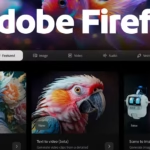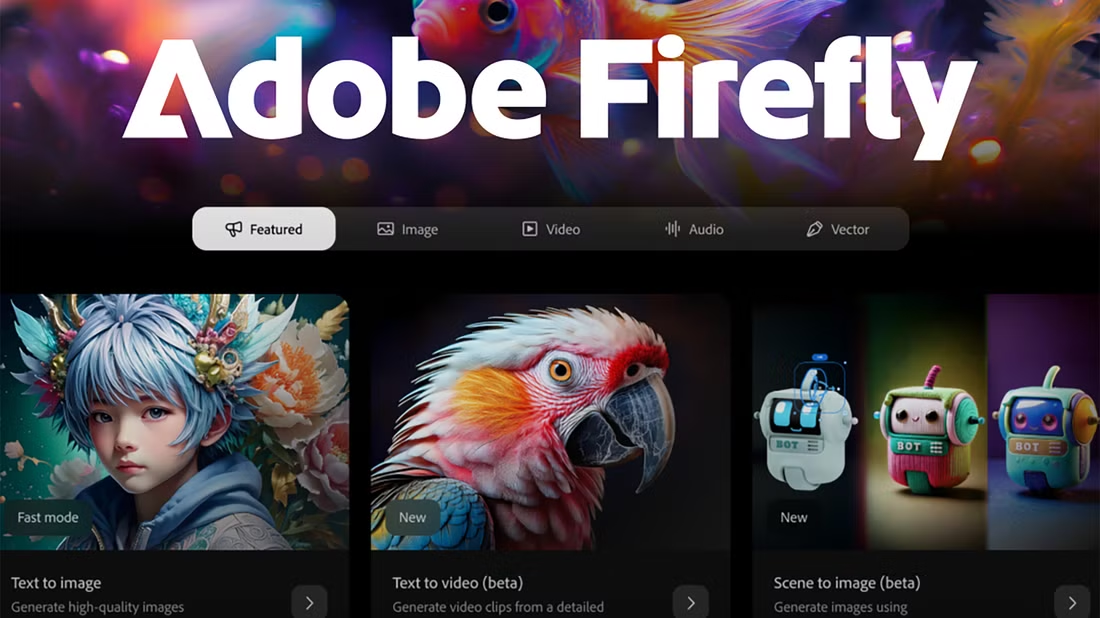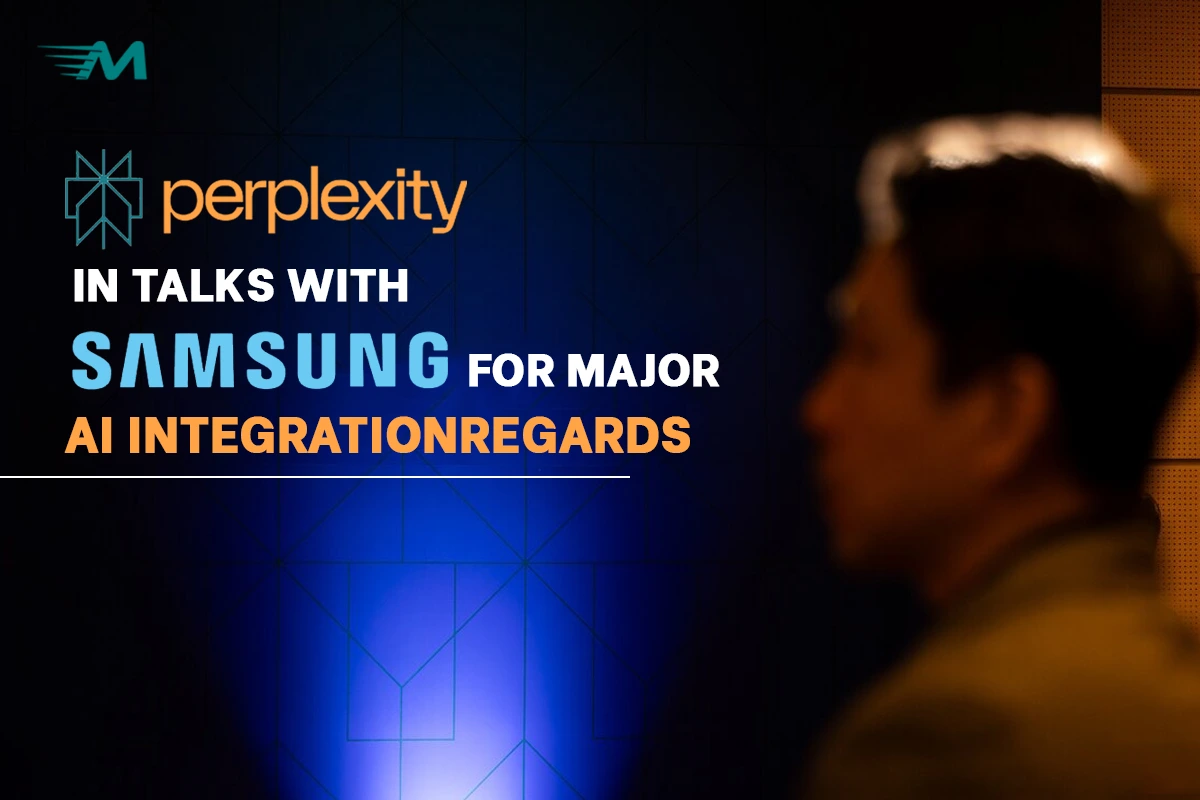- Research suggests ChatGPT now has long-term memory, remembering past chats for personalized help.
- It seems likely that users can control what ChatGPT remembers, with options to turn it off or delete memories.
- The evidence leans toward this feature enhancing user experience, though privacy concerns remain debated.
Background
ChatGPT, developed by OpenAI, is an AI model known for its conversational abilities. Recently, it gained a long-term memory feature, allowing it to recall past interactions for more personalized responses.
Feature Overview
This feature lets ChatGPT remember details from previous conversations, either by saving specific memories or analyzing chat history. Users can ask it to remember things like their name or preferences, and it can tailor responses based on past patterns.
Availability and Control
As of June 2025, the feature is available to Free, Plus, Team, and Enterprise users, with updates enhancing its capabilities. Users can turn off memory, use a “Temporary Chat” for private sessions, and manage or delete memories through settings.
Implications
While it improves personalization, privacy concerns are notable, with measures in place to avoid retaining sensitive info unless requested. The feature is part of AI’s broader push for context-aware interactions, with ongoing discussions about its impact.
Comprehensive Analysis of ChatGPT’s Long-Term Memory Feature as of June 3, 2025
This report provides an in-depth examination of ChatGPT’s long-term memory feature, reflecting its evolution and current state as of 01:05 PM IST on Tuesday, June 3, 2025. The analysis draws from official announcements, news articles, and user discussions to ensure a comprehensive understanding of the feature’s development, functionality, and implications.
Methodology and Source Review
The process began by identifying relevant sources for information on ChatGPT’s long-term memory, focusing on OpenAI’s official announcements, news websites like TechCrunch and Ars Technica, and community discussions on platforms like Reddit and the OpenAI community forum. Initial searches targeted “ChatGPT long-term memory update” in news mode to capture recent articles, followed by browsing specific pages for detailed insights. Given the rapid evolution of AI, user discussions from May and early June 2025 were particularly valuable for real-time feedback. The current date, June 3, 2025, was used as a cutoff to ensure all information is up-to-date, and any contradictory timestamps were disregarded.

Specific Highlights from Sources
- From OpenAI’s official page , notable details include the April 10, 2025, update making memory more comprehensive and user control options like Temporary Chat.
- TechCrunch articles emphasized the rollout and enhancements in April 2025.
- Reddit discussions and the OpenAI community forum provided user insights and feedback.
- A May 21, 2025, blog post criticized the memory dossier, noting privacy concerns.
- A June 2, 2025, forum post mentioned issues with memory in book projects, suggesting ongoing user challenges.
Implications and Observations
The rapid development of ChatGPT’s long-term memory reflects OpenAI’s focus on enhancing user experience through personalization. The feature’s ability to reference all past conversations, as updated on April 10, 2025, has made interactions more seamless, with examples like remembering user preferences for meeting notes or social media ideas. However, the controversy around privacy, as seen in user discussions and blog posts, underscores the need for robust safeguards. The ability to opt out and use Temporary Chat addresses some concerns, but ongoing reports of memory glitches, especially in early June 2025, suggest areas for improvement.
The integration of memory into web searches and anticipation for GPT-5 with stronger contextual memory indicate a future where AI assistants could become even more context-aware. The high demand for such features, as seen in user feedback, also reflects the competitive AI landscape, with companies like Google also enhancing similar capabilities.
Conclusion
This report compiles detailed information on ChatGPT’s long-term memory feature as of June 3, 2025, reflecting its evolution, user impact, and future potential. The findings suggest ongoing innovation, with significant implications for personalization and privacy. The feature’s development highlights the dynamic nature of AI, with a need for balanced approaches to user control and data security.






